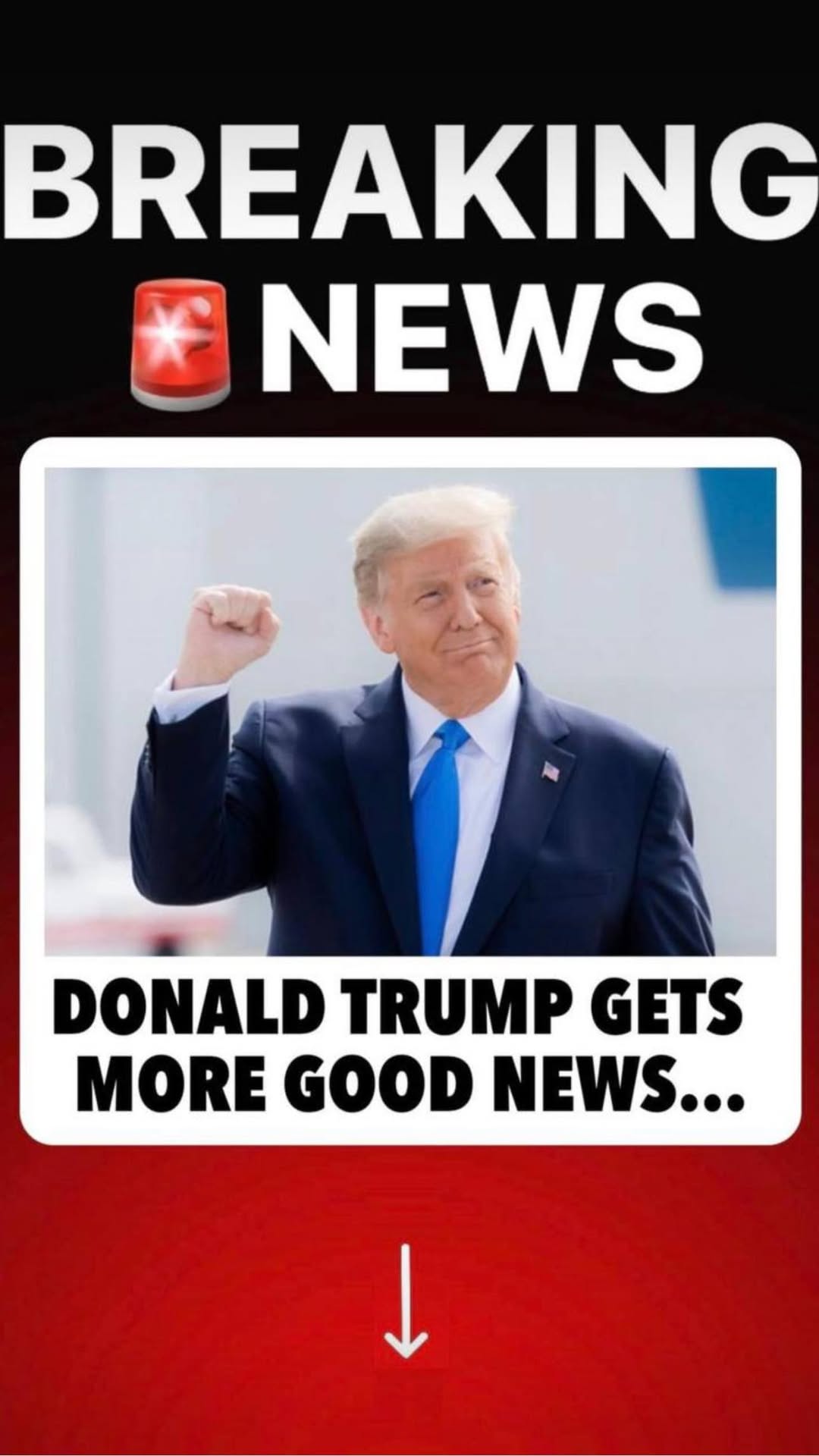In a surprise announcement Wednesday, President Donald Trump declared a 90-day suspension of tariffs on goods from more than 75 countries—while at the same time intensifying trade pressure on China by raising tariffs to a steep 125%. The bold, two-pronged policy shift triggered an immediate response in global markets, sending U.S. stocks sharply higher in early trading.
“Based on the lack of respect that China has shown to the World’s Markets, I am hereby raising the Tariff charged to China by the United States of America to 125%, effective immediately,” Trump wrote in a post on Truth Social. “At some point, hopefully in the near future, China will realize that the days of ripping off the U.S.A., and other Countries, is no longer sustainable or acceptable.” At the same time, Trump announced that he had ordered a pause on tariffs for dozens of countries that, he said, had contacted U.S. agencies—including the Departments of Commerce, Treasury, and the U.S. Trade Representative—in an effort to prevent further escalation.
“These Countries have not, at my strong suggestion, retaliated in any way, shape, or form against the United States,” Trump wrote. “I have authorized a 90-day PAUSE, and a substantially lowered Reciprocal Tariff during this period, of 10%, also effective immediately.”
The announcement comes amid heightened market volatility and increasing criticism from business leaders worried about the economic fallout of President Trump’s trade agenda. Despite a recent dip in stock values, markets rallied on the news of temporary relief for U.S. trading partners. The Dow Jones jumped nearly 3,000 points as of this writing shortly after the announcement, while both the S&P 500 and Nasdaq recorded strong gains. China, meanwhile, fired back with a new round of retaliatory measures. Beijing announced an 84% tariff on U.S. imports set to take effect on April 10 and issued updated travel advisories warning Chinese citizens about visiting the United States.
Treasury Secretary Scott Bessent weighed in on Wednesday morning, urging Chinese officials to return to the negotiating table. “It is our strong position that fair trade must be restored,” Bessent said. “The president is leaving the door open for talks. Now it’s up to Beijing. This was his strategy all along.” He noted that Trump had always planned to scale back tariffs on dozens of countries just days after rolling them out.
